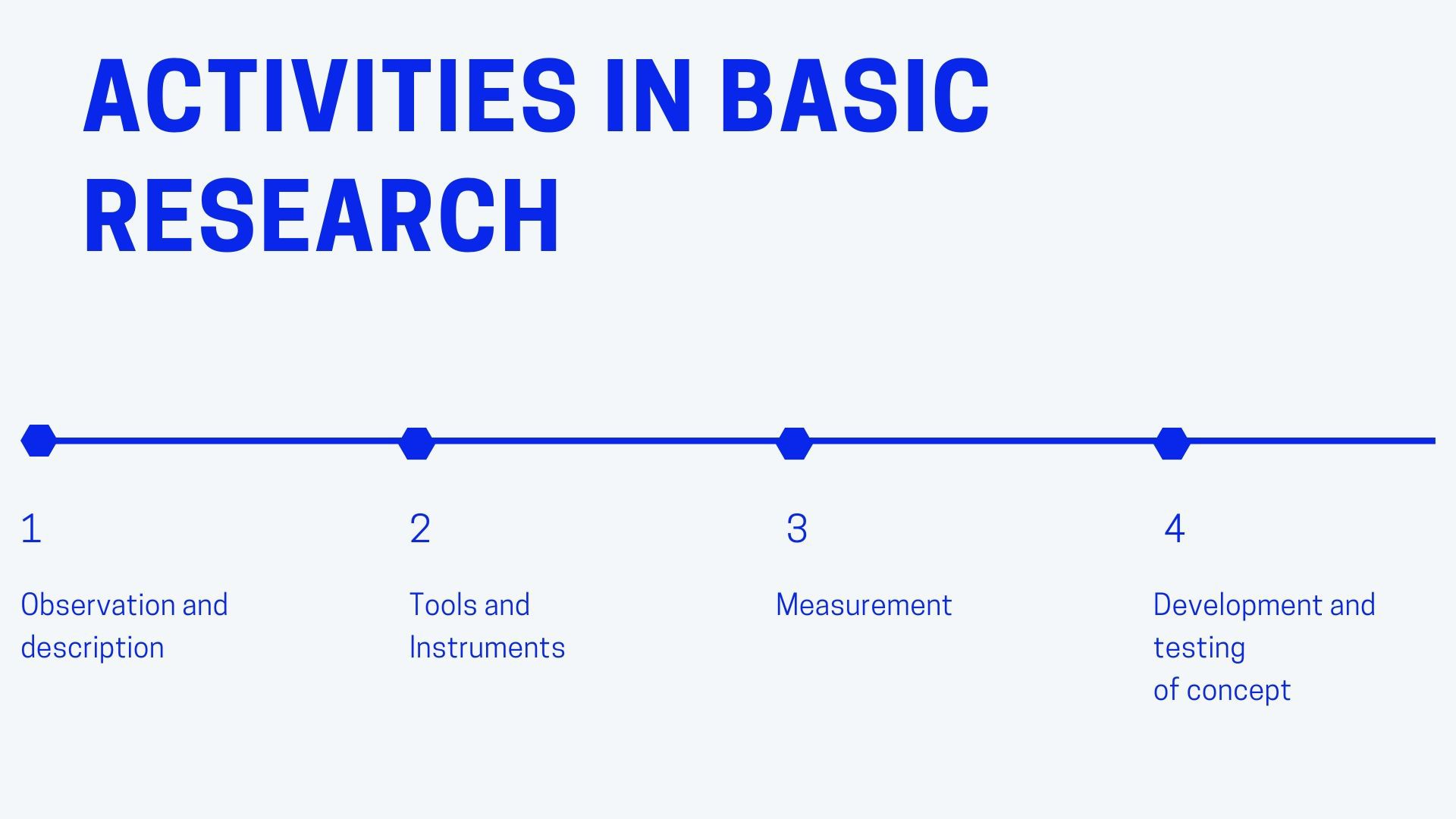Writing is a multifaceted process that involves grasping the nuances of language to create meaning
within specific contexts. Students learn how to communicate ideas and are exposed to a variety of
writing genres when they start school. All students, regardless of whether they have dyslexia,
encounter difficulties when learning how to write.
Students may have trouble in one or more of the following areas:
First of all, Purpose and audience identification, idea generation, planning, drafting, and making
connections to existing knowledge are all examples of organizational skills. Due to differing
methods and limited exposure to writing genres, dyslexic learners may find these tasks
significantly more difficult, which can cause issues with organization and structure.
Secondly, literacy skills include Grammar, punctuation, sentence structure, and spelling. Working
memory deficits make it difficult for dyslexic learners to focus on all of these components at once,
and they frequently replace unknown words with ones they are familiar with, which leads to a
vocabulary that is less sophisticated.
Lastly, handwriting and spatial organization are aspects of mechanical skills. These difficulties
lead to a lack of confidence in the writers' abilities and a lack of motivation for writing assignments
in many students.
Comments (0)

Pushan Chowdhury
Organization roleCategories
Popular posts

The Importance of Research
1 Oct 2023
What are research methods?
23 Oct 2023
Basic step for Research
1 Oct 2023
How To Die Quickly
4 Sep 2023



